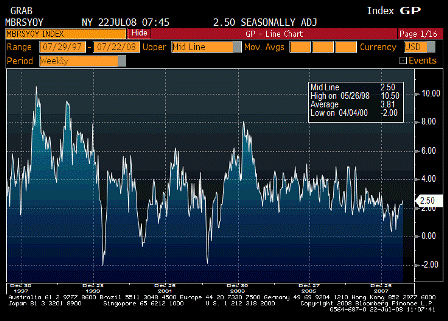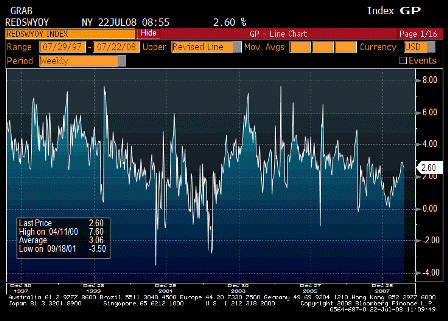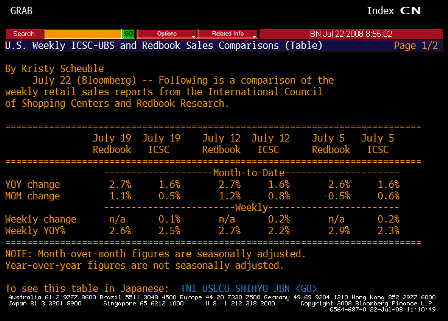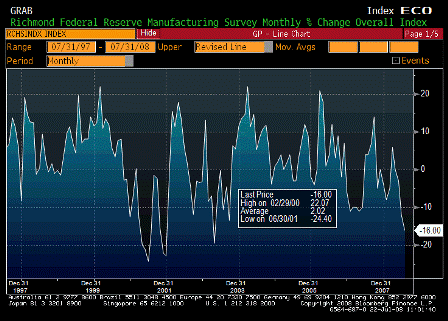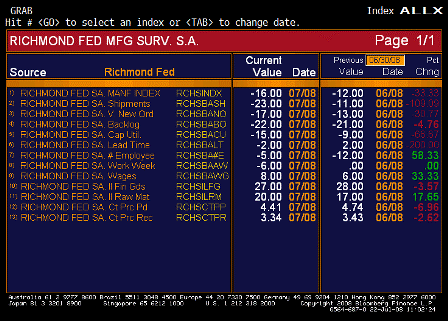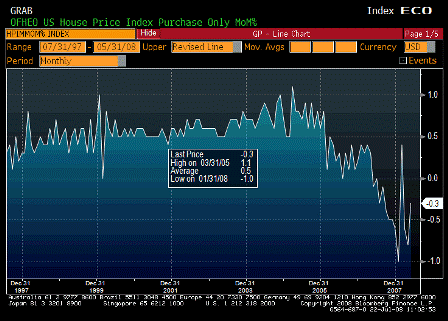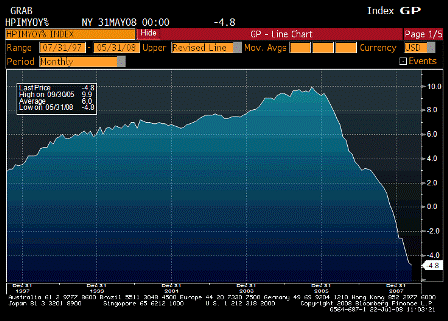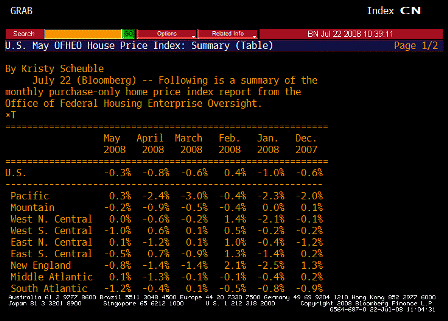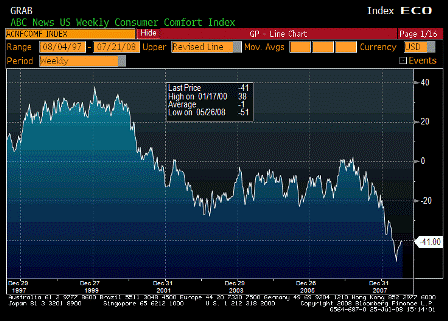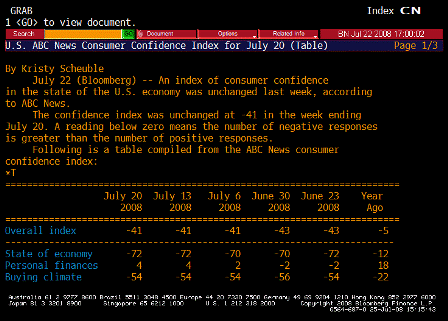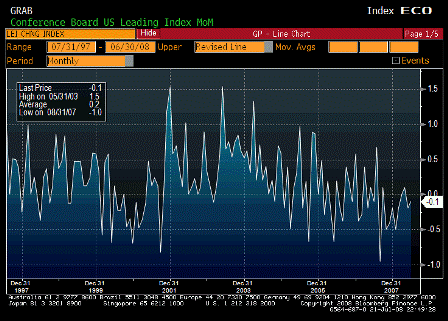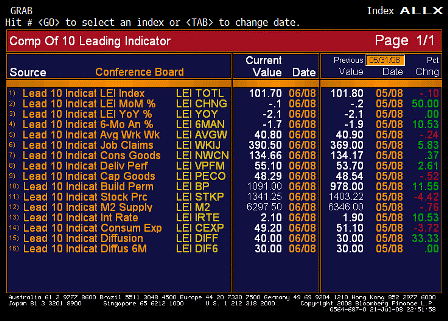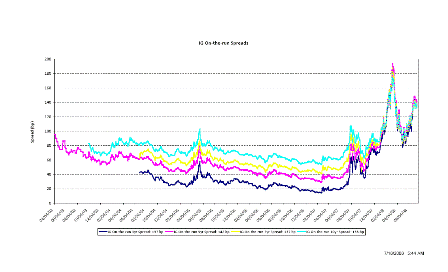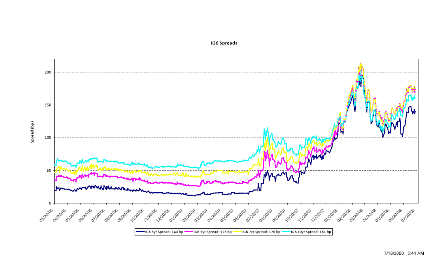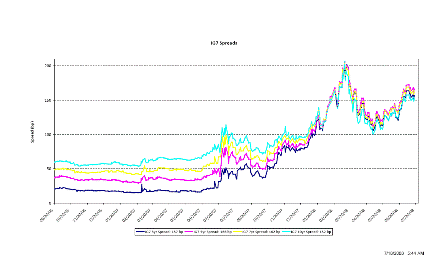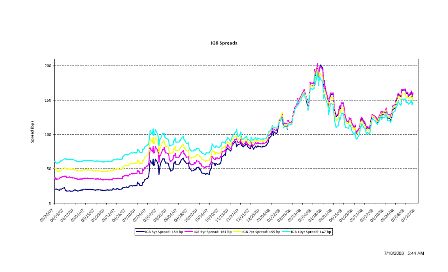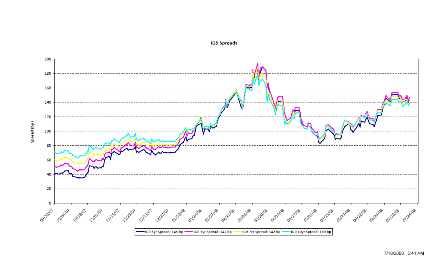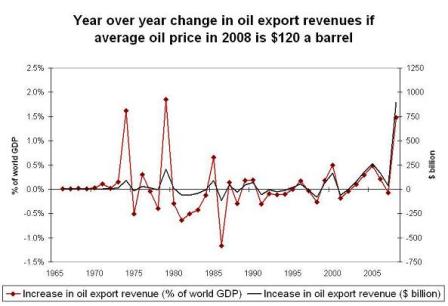[Skip to the end]
The deficit will go higher. The only question is whether it will go higher the nice way (proactive spending or tax cut to restore demand and growth), or the ugly way (revenues fall and transfer payments go up until the deficit is large enough to restore financial equity and aggregate demand).
Solvency is not an issue. The choice is purely political.
Britain’s economic downturn is worse than previously thought and there is no extra money available for public spending, Chancellor of the Exchequer Alistair Darling said in an interview published Saturday.
There’s the problem. They’ve got it backwards – the money to pay taxes comes from government spending, not vice versa as they think.
Darling also told The Times newspaper that taxpayers were at the limit of what they were willing to pay, a day after official data showed a record deficit in Britain’s public finances, and reports that the government might bend its budget rules.
“At Christmas most people remained hopeful there would be an improvement by the autumn,” he said.
“Most people would now say it’s far more profound. It’s affecting every economy and everybody. I can’t say how long it will last.”
He added: “We are going through a very, very difficult time.”
Yes, and the government is making it worse.
Darling said that the economic picture was “at the bottom end of my range” set out in his annual budget in March.
On public spending, the finance minister said he has been “very clear with my colleagues that there is no point them writing in saying, ‘Can we have some more money?’ because the reply is already on its way and it’s a very short reply.”
“I told them at the last meeting of Cabinet they’ve got to manage within the money they’ve got.”
Again, they’ve got it backwards – the money to pay taxes comes from govt spending, not vice versa as they think.
The Office for National Statistics said on Friday that public sector debt at the end of June was at 38.3 percent of GDP, but increased to 44.2 percent when the impact of nationalised mortgage lender Northern Rock is included.
Japan’s been at 150%. Doesn’t matter. It’s all a function of private/non-government savings desires which are a function of institutional structure, including tax advantages for not spending income for the likes of pension fund contributions, ins reserves, etc.
Public finances were at a record deficit of 15.5 billion pounds in June compared with the same time last year, well over market expectations of a 12.3-billion-pound deficit.
So? If demand is deemed too low it’s not enough, whatever it is.
The Financial Times, meanwhile, reported that finance ministry officials were working on plans to revise the rules to allow for increased borrowing without raising taxes amid the current economic downturn.
In actual fact they spend first, then borrow, but they don’t know that either.
One of the fiscal rules sets a government borrowing limit of 40 percent of national income.
Yes, a self imposed constraint not inherent in the system.
In The Times interview, Darling played down the report and reiterated comments made Friday that the Treasury constantly reviews its fiscal rules.
He noted, however, that while voters will “pay their fair share … you can’t push that.”
“My judgment is that there are a lot of people in this country who feel they work hard, they make their contribution and they’re feeling squeezed.”
Yes they are, but the deficit isn’t the problem.
[top]
